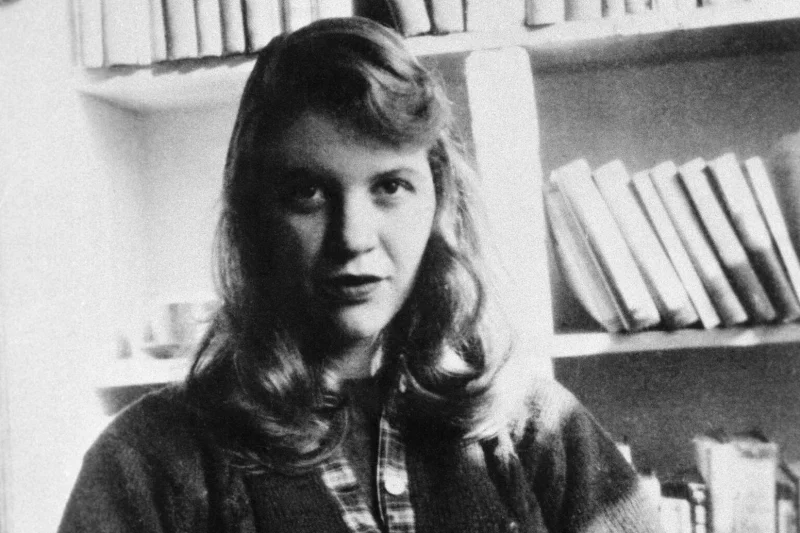Short Summary
Sylvia Plath was an American poet, novelist, and short-story writer known for her confessional style of writing. Her most famous work, "The Bell Jar," remains a seminal piece of literature. Plath's poetry collections, particularly "Ariel," have secured her a place among the foremost poets of the 20th century. Her exploration of themes such as mental illness, identity, and feminism continues to resonate with readers worldwide.
Early Life & Education
Sylvia Plath was born on October 27, 1932, in Boston, Massachusetts. She was the daughter of Otto Plath, a biology professor, and Aurelia Schober Plath. Her father died when she was eight, a traumatic event that influenced much of her later work. Plath was a gifted student, excelling in academics and writing. She attended Smith College on a scholarship, where she first began to gain recognition for her poetry. Plath later received a Fulbright Scholarship to study at the University of Cambridge in England, where she continued to write prolifically.
Career Highlights
Plath's career was marked by both critical and personal milestones. Her first collection of poetry, "The Colossus," was published in 1960. She achieved widespread recognition with her semi-autobiographical novel "The Bell Jar" in 1963, published under the pseudonym Victoria Lucas. Her most acclaimed poetry collection, "Ariel," was published posthumously in 1965, showcasing her distinctive voice and emotional intensity. Plath's work was often noted for its exploration of personal trauma and psychological complexity, establishing her as a leading figure in confessional poetry.
Major Achievements
- Published "The Colossus," her first poetry collection, in 1960, which gained critical acclaim for its emotional depth.
- "The Bell Jar," her only novel, became a defining work in modern literature, exploring themes of mental health and feminism.
- "Ariel," published posthumously, solidified her reputation as a preeminent poet of the 20th century.
- Received a Fulbright Scholarship to study at the University of Cambridge, underscoring her academic and literary prowess.
Famous Quotes
- "I am, I am, I am."
- "The worst enemy to creativity is self-doubt."
- "Is there no way out of the mind?"
Interesting Facts
- Plath won her first poetry contest at the age of eight.
- She wrote over 50 short stories by the time she graduated from high school.
- Plath's struggles with mental health were reflected in her writing and personal diaries.
- Her marriage to fellow poet Ted Hughes was both creatively productive and tumultuous.
- Plath's work has been translated into over 30 languages, attesting to her global influence.
Legacy / Influence
Sylvia Plath's legacy endures through her powerful and evocative writing that continues to inspire and influence poets, writers, and readers. Her exploration of themes such as mental health, identity, and the female experience has paved the way for future generations of confessional poets. Plath's work remains a cornerstone in discussions of feminist literature and mental illness, ensuring her enduring place in cultural and literary history.
FAQ
Q: Why is Sylvia Plath famous?
A: She is famous for her confessional style of poetry and her novel "The Bell Jar," which explore themes of mental illness and identity.
Q: What are Sylvia Plath's most notable works?
A: Her most notable works include "The Bell Jar" and the poetry collections "The Colossus" and "Ariel."
Q: When was Sylvia Plath born?
A: She was born on October 27, 1932.
Q: How did Sylvia Plath die?
A: She died by suicide on February 11, 1963.










